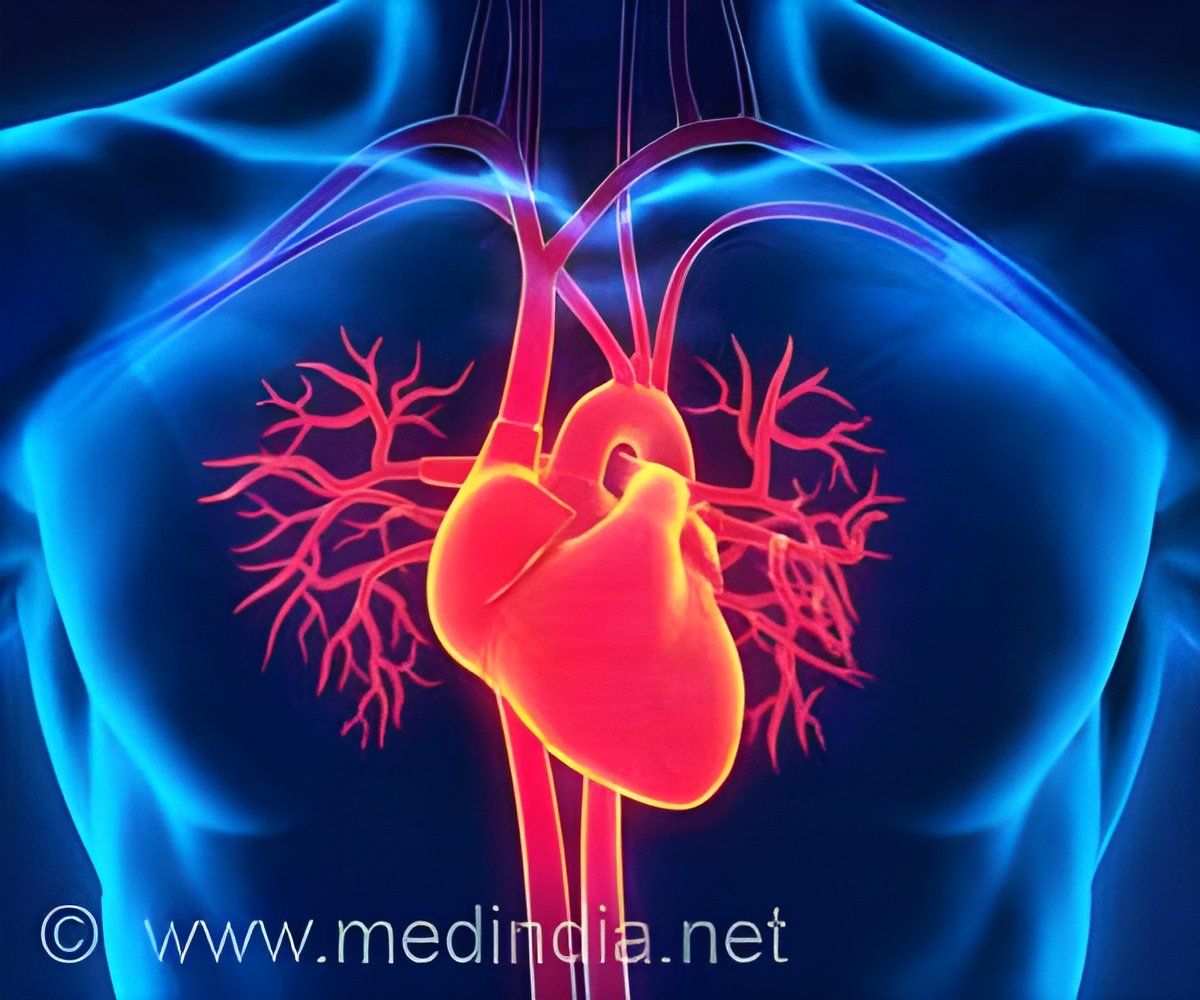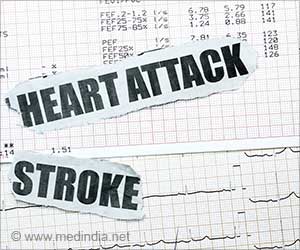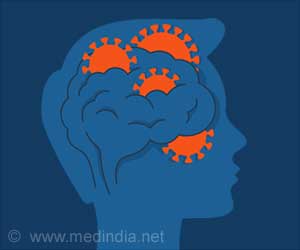The spike protein of SARS-CoV-2 is a vital component that helps the virus replicate inside the human body. This component is perhaps the reason behind heart disease after COVID-19, found researchers.

‘TLR4, a Toll-like receptor, recognizes SARS-CoV-2 spike protein. A systemic inflammatory response can occur when the receptor is activated like this, leading to heart dysfunction and inflammation.’





Dr. Zhiqiang Lin, Assistant Professor at the Masonic Medical Research Institute (MMRI), has explored the link between SARS-CoV-2 infection and heart disease. Levels of Toll-like Receptors could trigger heart inflammation
Before the COVID-19 pandemic, Lin and colleagues started to investigate Toll-like Receptors (TLRs), the antennas of the immune system that detect invading pathogens. In the course of the research, they found that the expression of these receptors increases when there are factors that give stress to the heart.
They also found that activation of TLR4 (a Toll-like Receptor) in a segment of the heart muscle is more likely to trigger a systemic inflammatory response. This work has been published in the International Journal of Molecular Science under the title “YAP/TEAD1 Complex Is a Default Repressor of Cardiac Toll-Like Receptor Genes.”
TLR4 recognizes SARS-CoV-2 spike protein
Advertisement
By using lab data, they confirmed that TLR4 has the potential to recognize SARS-CoV-2 spike protein, and even a slight increase in the levels of this spike protein can induce heart dysfunction and inflammation in the hearts of mouse models. The insights acquired through this novel research have been published in bioRxiv.
Advertisement
Source-Medindia














